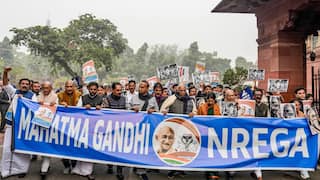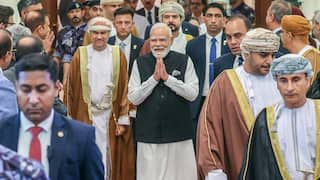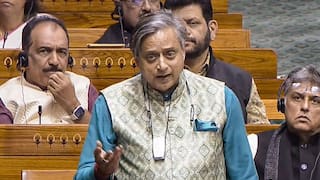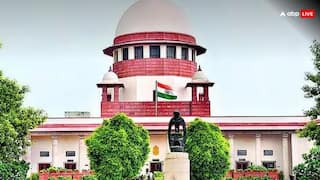Is Air Pollution Cutting Life Expectancy Of Delhiites By 12 Years: Check What Latest Report Says
Delhi holds the dubious distinction of being the most polluted city which reduces life expectancy by 12 years according to an EPIC report.

Chronic air pollution in the national capital Delhi is likely to reduce the average life expectancy of residents by over a decade, a recent study has found. As per the Air Quality Life Index 2024 report, in New Delhi, which is among the most polluted regions in the north, residents are losing at least 12 years of their lives due to the low air quality plaguing the city almost the whole year.
Citing a report by the Energy Policy Institute at the University of Chicago (EPIC), PTI reported, that 1.8 crore people living in the National Capital Territory (NCT) of Delhi are on track to lose 11.9 years of life expectancy compared to the World Health Organisation's (WHO) guidelines.
As per the report, even by India’s own national standards, residents could lose 8.5 years of life expectancy if current pollution levels continue.
Globally, Delhi holds the distinction of being one of the most polluted cities in the world. The report said that if India were to meet its national particulate matter 2.5 (PM2.5) standards, the life expectancy of the capital’s residents could increase by 8.5 years. And, if it met the WHO’s standards, about 12 years could be added to the life expectancy.
PM2.5, a fine particulate matter that can penetrate deep into the respiratory system and trigger respiratory problems, is a significant health risk and a major contributing factor to pollution levels. The report highlighted the annual PM2.5 standard in India is set at 40 micrograms per cubic metre, however, it said that over 40 per cent of the population is exposed to air that crosses that limit.
As per the Air Quality Life Index (AQLI), if India were to reduce particulate pollution that meets the WHO guidelines, Delhi would see the "maximum" with residents gaining of 7.8 years of life expectancy.
Talking to Times of India, Tanushree Ganguly, Director of AQLI, said that Delhi's PM2.5 levels in 2022 were 17 per cent lower compared to 2021. He said a single-year trend makes it difficult to distinguish “between temporary factors like weather and permanent ones like policy implementation as the cause of this decline.” However, if the reduction is sustained in Delhi the resident could live 1.6 years longer.
In 2015, the World Health Assembly adopted a landmark resolution on air quality and health. It recognised that air pollution is a risk factor for noncommunicable diseases such as stroke, chronic obstructive pulmonary disease, asthma and cancer which take an economic toll.






































